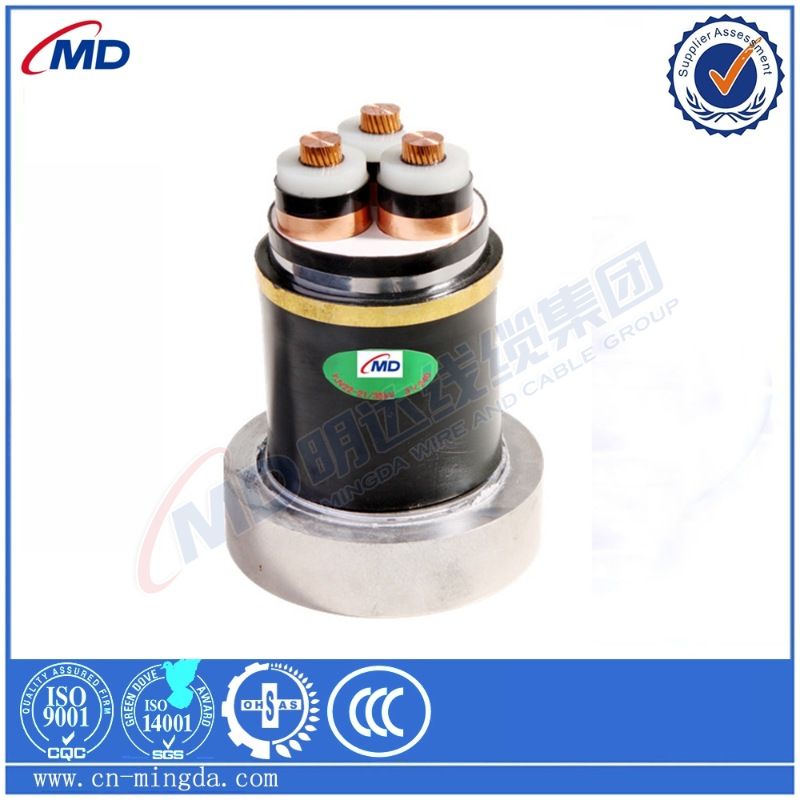Dec . 03, 2024 21:03 Back to list
High-Performance Ductile Iron Ball Valve for Efficient Fluid Control Solutions
Understanding Ductile Iron Ball Valves A Comprehensive Guide
Ductile iron ball valves are essential components in various industrial applications, renowned for their strength, durability, and versatility. These valves are an integral part of fluid control systems, allowing for efficient regulation of liquid or gas flow. In this article, we will explore the characteristics, advantages, applications, and maintenance of ductile iron ball valves.
What Are Ductile Iron Ball Valves?
Ductile iron, also known as spheroidal graphite iron, is a type of cast iron that has superior mechanical properties compared to traditional cast iron. It is formed by adding small amounts of magnesium to molten iron, which modifies the graphite structure, resulting in improved ductility, tensile strength, and impact resistance. Ductile iron ball valves utilize this material in their construction, combining it with a spherical closure element to achieve outstanding performance in various conditions.
Key Characteristics
1. Corrosion Resistance Ductile iron has excellent resistance to corrosion when coated appropriately. This feature extends the lifespan of the valve and reduces the frequency of replacements.
2. Pressure Ratings Ductile iron ball valves can handle high-pressure applications, making them suitable for petroleum, gas, and liquid transport systems. Their structural integrity ensures reliability even in extreme conditions.
3. Temperature Tolerance These valves can operate effectively across a wide temperature range, providing flexibility for different applications, from cryogenic to high-heat environments.
4. Sealing Capability The design of the ball valve, featuring a tightly sealing ball, allows for a complete shut-off with minimal leakage, ensuring efficient control of fluid flow.
5. Ease of Operation With a simple quarter-turn operation, ductile iron ball valves require less manual effort compared to other valve types, making them user-friendly and efficient.
Advantages of Ductile Iron Ball Valves
- Durability The robustness of ductile iron ensures that these valves can withstand harsh operating conditions, thereby reducing maintenance costs and downtime.
- Cost-Effectiveness While the initial investment might be higher than some alternatives, the longevity and reduced maintenance requirements make ductile iron ball valves a cost-effective choice over time.
- Versatile Applications Due to their ability to handle various temperatures and pressures, these valves find applications in water treatment, chemical processing, oil and gas, HVAC systems, and more.
- Environmental Benefits Ductile iron ball valves can contribute to environmental protection by minimizing leaks and ensuring efficient fluid control, which can help prevent waste and potential contamination.
ductile iron ball valve

Applications
Ductile iron ball valves are widely used in multiple industries, including
- Water Treatment Used to control the flow of water in treatment plants, ensuring the efficient handling of drinking water and waste. - Oil and Gas Essential for regulating the flow of crude oil, natural gas, and petroleum products through pipelines and refineries.
- Chemical Processing Utilized in the safe transport and control of corrosive chemicals, thanks to their resistance to various fluids.
- HVAC Systems Employed in heating, ventilation, and air conditioning systems to manage fluid flow and maintain optimal performance.
Maintenance of Ductile Iron Ball Valves
Maintaining ductile iron ball valves is crucial to ensure their longevity and performance. Here are some essential maintenance tips
1. Regular Inspections Periodic checks will help identify any potential leaks or wear before they become serious issues.
2. Cleaning Keep the exterior and accessible interior parts clean of debris and corrosion, as buildup can affect performance.
3. Lubrication Apply appropriate lubricants to moving parts as specified by the manufacturer to ensure smooth operation.
4. Test Operation Regularly exercise the valve to ensure that it operates correctly and that seals are intact.
5. Follow Manufacturer Guidelines Always refer to the manufacturer's instructions for specific maintenance procedures and recommended servicing intervals.
Conclusion
Ductile iron ball valves are indispensable in various industrial applications, thanks to their robustness and versatility. Understanding their features, advantages, applications, and maintenance needs can help organizations make informed decisions about fluid control systems. By choosing ductile iron ball valves, industries can benefit from reliable performance, reduced maintenance costs, and enhanced efficiency in fluid management.
Share
-
Reliable Wafer Type Butterfly Valves for Every IndustryNewsJul.25,2025
-
Reliable Flow Control Begins with the Right Ball Check ValveNewsJul.25,2025
-
Precision Flow Control Starts with Quality ValvesNewsJul.25,2025
-
Industrial Flow Control ReliabilityNewsJul.25,2025
-
Engineered for Efficiency Gate Valves That Power Industrial PerformanceNewsJul.25,2025
-
Empowering Infrastructure Through Quality ManufacturingNewsJul.25,2025